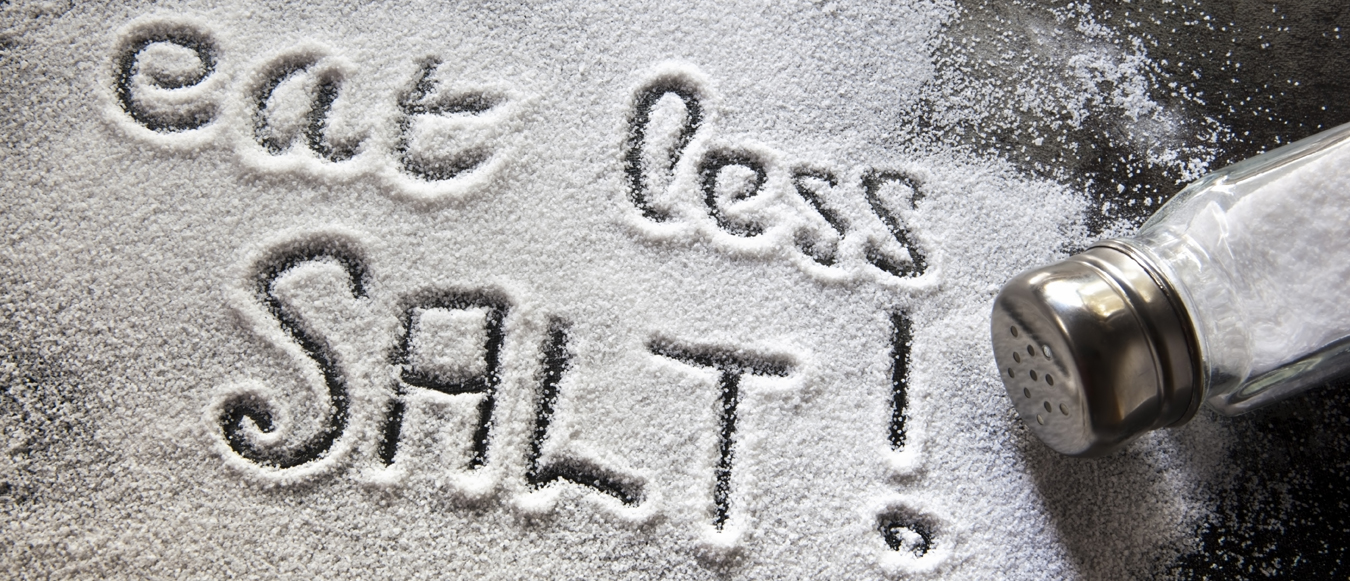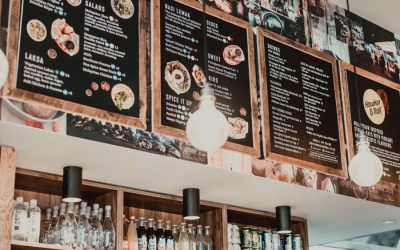Meeting Dr. Kaushik Reddy was by far the most important highlight of my recent visit to Orlando for the Osmania, Gandhi, Kaktiya and Telangana Medical School Alumni Association (OGKTMA) meeting. I was thrilled to meet and interact with this iconic influencer, treasurer of College of Lifestyle Medicine, and Preventive Medicine Guru. He had just delivered the lecture “Do you want a carrot or a stent?” His views mirrored our mission to raise awareness about the dangers of table salt.
It was heartwarming to see Dr. Kaushik Reddy field any number of the questions on salt reduction. Over the years, I have often faced questions and concerns from audiences regarding salt reductions, with one or two people usually stating that they have been advised to eat more salt because of low blood pressure. There are others concerned about iodine intake.
Dr. Kaushik Reddy stood next to me, eloquently addressing many of these questions before he went on to RING the BELL. 🔔
So, what is this “Bell” he was referring to? Undoubtably, we all have encountered this reference regarding data, but it may be worth revisiting this concept with reference to salt reduction.
The term “bell curve” has been often used to describe a graphical depiction of a normal distribution of different types of data including high blood pressure. The underlying standard deviations from the central mean create the curved bell shape. In this instance as depicted, 99.7% of the data falls within the bell shape curve, often referred to as “under the bell”.
Regarding hypertension, a very small percentage, only 0.3% falls outside the bell on either side. This small group of people may not benefit from salt reduction or even be adversely affected. As Professor Graham McGregor and others have pointed out, specific factors affecting this small group must be properly understood and addressed on an individual basis.
The real lesson from the Bell is that an incredibly overwhelming majority of people fall under the bell, placing them at risk for hypertension, the world’s deadliest disease and a silent killer. This large group (99.7%) should be the primary focus of prevention efforts. We should not let the outliers distract or discourage us from creating, advocating, and participating in urgently needed action plans to cut added salt to our food. Adding salt to our food confers no known nutritional benefit and increases the risk of not only hypertension, but many other well-known salt-related diseases.
Currently, more than a billion people are affected by hypertension which includes over 300 million people of Indian origin. More concerning, two thirds or more of Black American adults suffer a more severe variant of this deadly silent disease.
So, in the words of Dr. Kaushik Reddy, “The Time is Now” to join the efforts to raise awareness of the dangers of table salt.

Thank you, Dr. Kaushik Reddy, for your engagement and leadership in prevention and thank you ever so much for “Ringing the Bell”!





